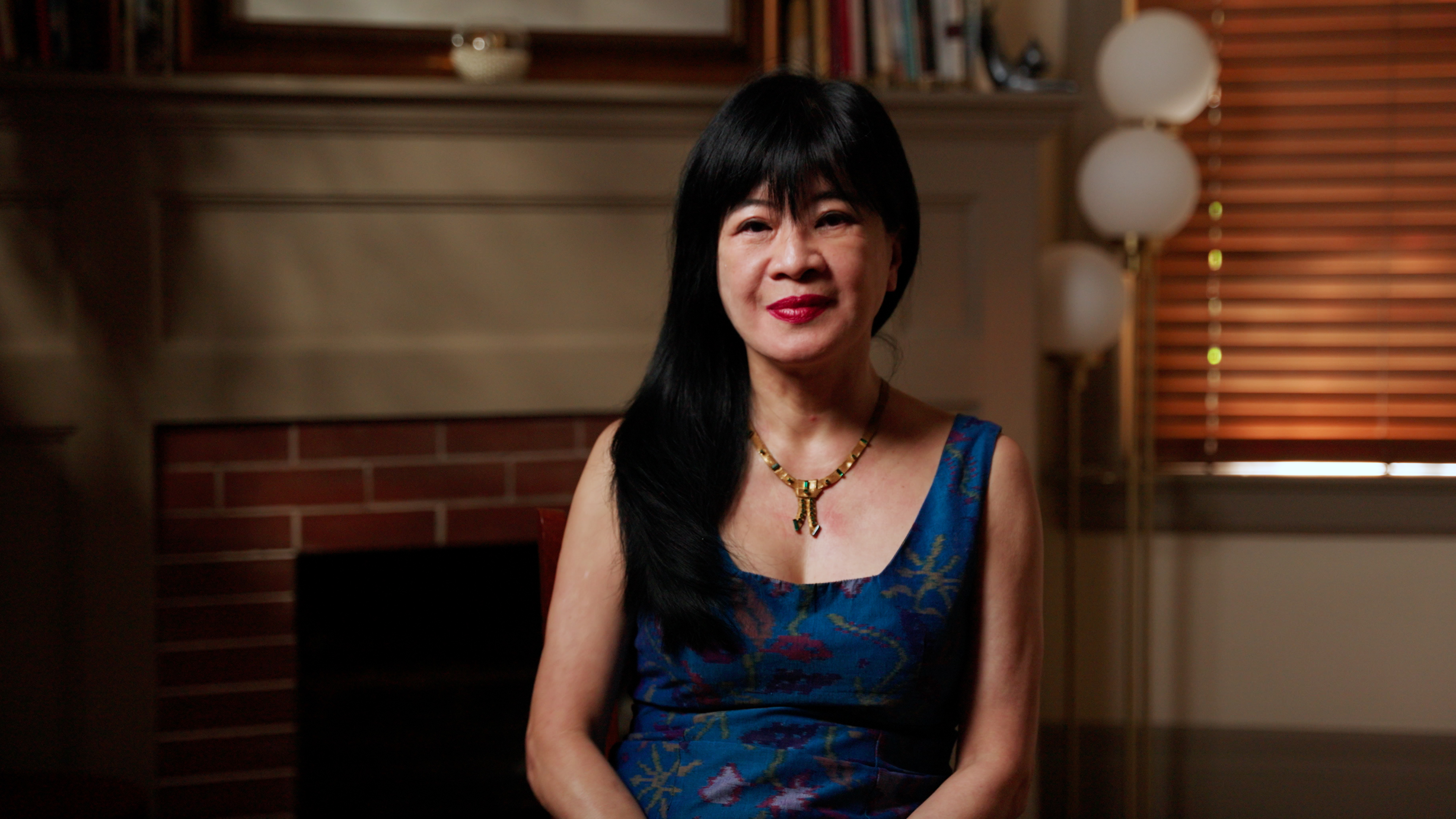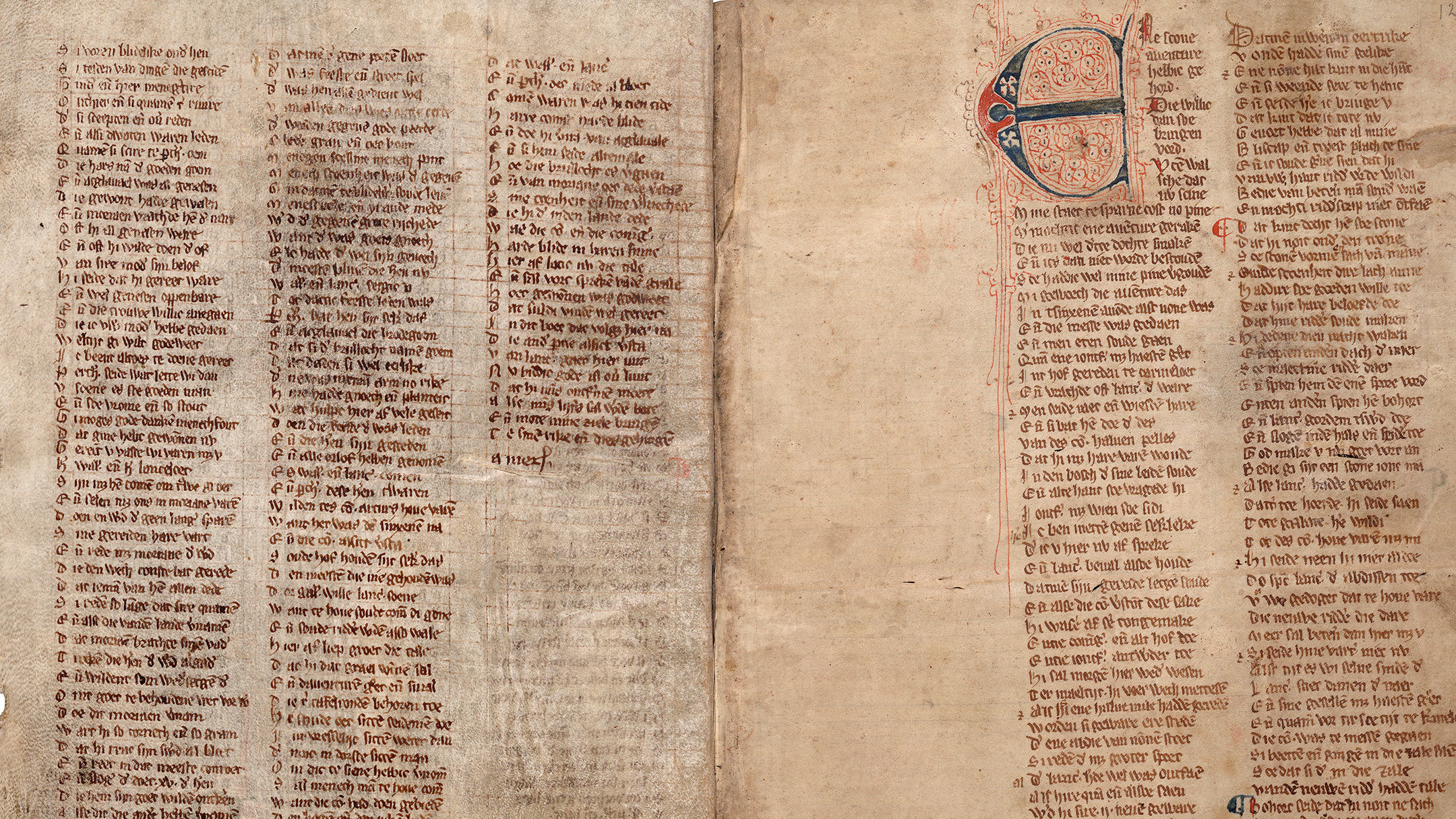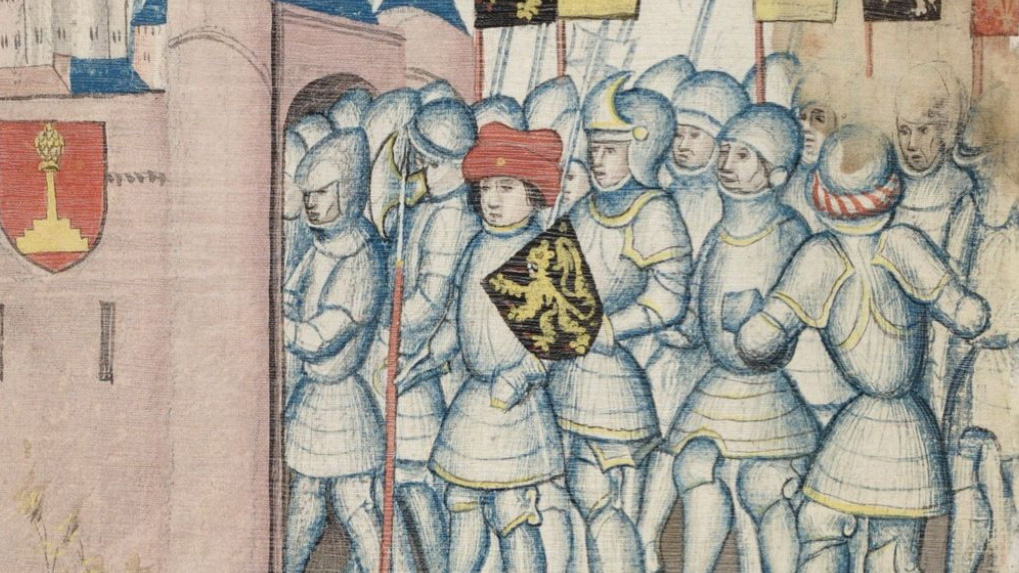Heng, Geraldine. "Teaching early global literatures." Throughlines. www.throughlines.org/suite-content/teaching-early-global-literatures. [Date accessed].

Geraldine Heng
University of Texas, Austin
History is understood through narrative. The stories that are written, repeated, and taught give shape to the past. By decentering European narratives in our teaching, we can expand the scope of historical understanding that our students carry with them into the world. Studying early global literatures shakes the preconceived notions about the past that students bring into the classroom, especially when they are introduced to early global civilizations that were far more complex and modern than Europe.



.jpg)



